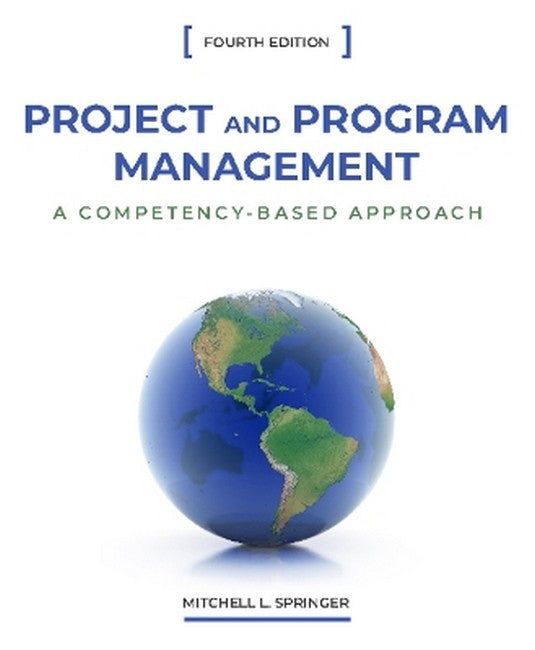Mitchell L. Springer currently serves as an executive director for Purdue University's Polytechnic Institute located in West Lafayette, Indiana. He has over 35 years of theoretical and defense industry-based practical experience from four disciplines: software engineering, systems engineering, program management and human resources. Springer possesses a significant strength in pattern recognition, analyzing, and improving organizational systems. He is internationally recognized, has contributed to scholarship in more than 200 books, articles, presentations, editorials, and reviews on software development methodologies, management, organizational change, and program management. Springer sits on many university and community boards and advisory committees. He is the recipient of numerous awards and recognitions, most recently the Purdue University College of Technology Equity, Inclusion, and Advocacy Award. Springer is the president of the Indiana Council for Continuing Education as well as the past chair of the Continuing Professional Development Division of the American Society for Engineering Education. Springer received his Bachelor of Science in computer science from Purdue University, his MBA and doctorate in adult and community education with a cognate in executive development from Ball State University. He is certified as a Project Management Professional (PMP), Senior Professional in Human Resources (SPHR & SHRM-SCP), in Alternate Dispute Resolution (ADR), and in civil and domestic mediation. Springer is a State of Indiana Registered domestic mediator.
Request Academic Copy
Please copy the ISBN for submitting review copy form
Description
Contents List of Illustrations Preface Introduction Chapter 1. Program/Project Management Competencies Chapter 2. The Importance of Program/Project Management Chapter 3. Process Management-Evolution and Definition Chapter 4. Contract Types-What Type of Contract Should I Enter Into? Chapter 5. The Bidding Process-Obtaining a Price Quote Chapter 6. Defining the Work to be Performed Chapter 7. Scheduling and Staffing the Work Chapter 8. Risk Management-Mitigating the Impact Chapter 9. Disruptive Technologies-Thinking Outside of the Box Chapter 10. Cost, Schedule, and Performance Management-A Quantitative Premise Chapter 11. Multiple Generations in the Workplace-It's How We Grew Up Chapter 12. Connecting Generational Cohorts to Associative Thinking Chapter 13. Leadership and Gender-A Science-Based Understanding Chapter 14. Motivation and Leadership-Why We Do What We Do Chapter 15. Organization Design Models-Not Right or Wrong, More or Less Applicable Chapter 16. Building Teams-Understanding Ourselves and Others through MBTI Chapter 17. Capitalizing on the Collective Knowledge of the World Chapter 18. Establishing Program/Project Management as a Discipline Chapter 19. Managers, Leaders, and Entrepreneurs Chapter 20. The American Social Economic Context Chapter 21. Career Development-Models Chapter 22. Succession Planning-Providing Opportunities for Growth Chapter 23. The Business Case for Diversity and Inclusivity Chapter 24. Effective Communication Skills Chapter 25. Change Management-People, the Hardest Part Appendix A-Evaluating the Program Plan Appendix B-Executing the Program Plan Appendix C-Changes to the Program Plan Appendix D-Program Planning Master Process Flow Glossary Bibliography Index

